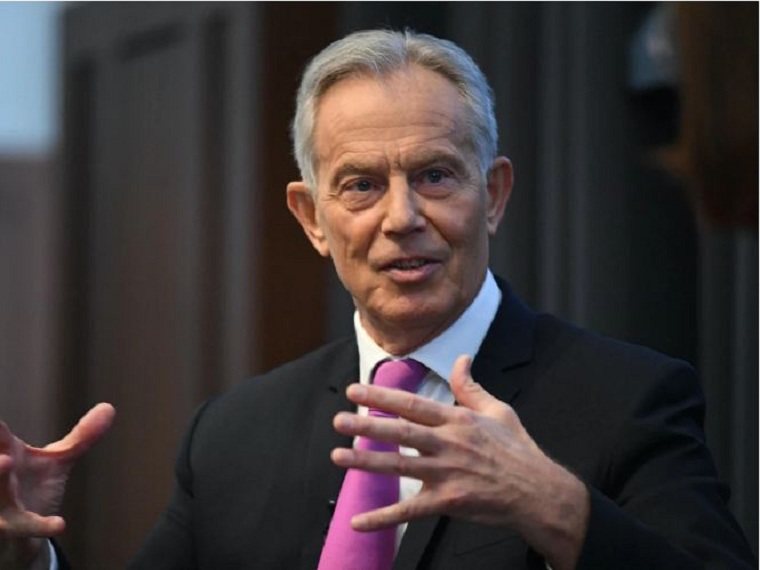For over 20 years, Zimbabwe has been unable to access credit from international monetary institutions. Many of the country’s banks have also been restricted from trading with international financial organisations.
In 2019, the US government fined Standard Chartered bank for trading with the developing country.
The wider inability of Zimbabwe to trade effectively has also discouraged foreign investors and exacerbated economic problems.
In May, the International Monetary Fund (IMF) said that Zimbabwe is facing an “economic and humanitarian crisis” as inflation is set to rise by 500% this year alone.
“The Zimbabwean government has yet to define the modalities and financing to clear arrears to the World Bank and other multilateral institutions, and to undertake reforms that would facilitate resolution of arrears with bilateral creditors”, the IMF said.
The IMF called on Zimbabwe to introduce a concerted effort to coordinate fiscal, monetary and foreign exchange policies, along with spending cuts on non-essential and agricultural support reforms as well as introducing central bank independence and transparency.
Mnangagwa – who succeeded as President after the 30-year reign of Robert Mugabe ended in 2017 – has paid lip-service to reforming the economy and loosening Zimbabwe’s hitherto largely state-directed economic model.
On October 5, 2018, Mnangagwa’s government published its Transitional Stabilization Program (TSP), outlining reform measures.
The President said that the move “will inevitably be driven by the private sector” and included the privatisation of “eleven state-owned enterprises” as well as the liquidation of two public enterprises and long-term planning for privatisation.
The TSP also targets attracting foreign investment by encouraging competition between localities and regions. In an effort to “marketwise,” the policy document states, “each province and Local Authority will transform itself into an investment and economic zone”.- Sputnik News
(337 VIEWS)


